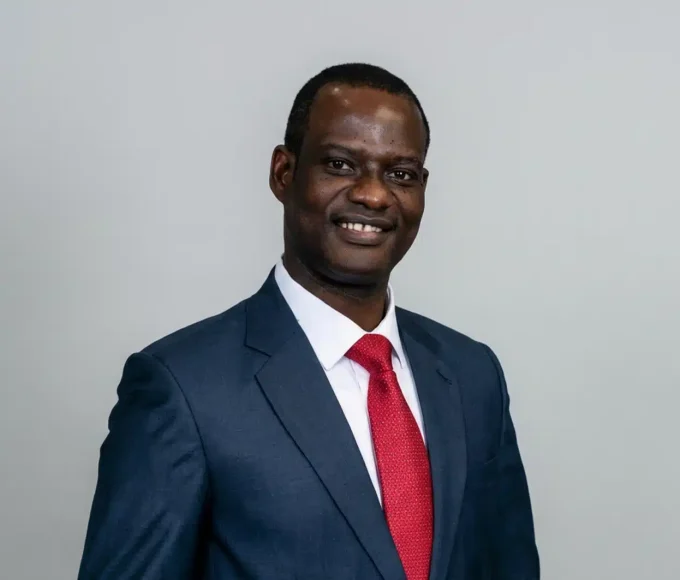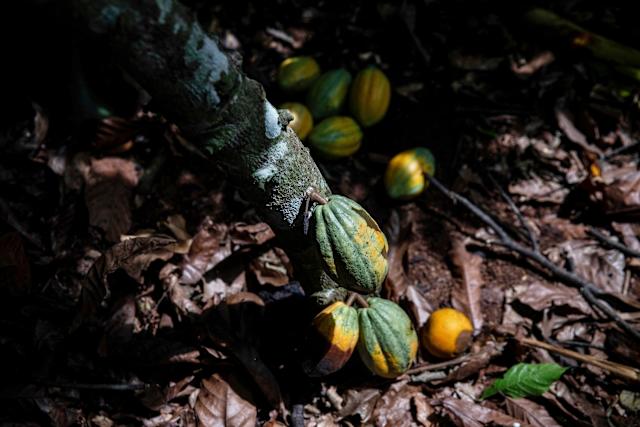
10 Nigerians States Spent ₦14.7bn in Nine Months on Allowances, Refreshments Amid Crumbling Infrastructure

Ten Nigerian states, struggling with poor infrastructure, spent ₦14.7 billion (about $9,187,500) on refreshments, honourariums, and sitting allowances over nine months. A report by SaharaReportersshows that this spending continues despite rising debts and a lack of development in these states.
In Katsina State, refreshments and meals reportedly cost ₦335.6 million, while honourariums and sitting allowances added up to ₦78.2 million between January and September 2024. Bayelsa State spent ₦334 million on refreshments and ₦689.5 million on allowances, making a total of ₦1 billion during the same period.
Osun State spent ₦527 million on refreshments and ₦764.3 million on allowances, totalling ₦1.291 billion. Ondo State recorded ₦350.4 million on refreshments and ₦111 million on honourariums. Plateau State spent ₦2.7 billion, while Niger State allocated ₦3.351 billion for similar expenses.
This spending happens while basic infrastructure remains neglected. In Osun State, only ₦122 million was spent on water projects despite a budget of ₦5.290 billion. If half of the money spent on refreshments and allowances had been used, the situation could have significantly improved. In Ondo State, just ₦15 million went to drilling boreholes, even though 62 per cent of the population lacks access to clean water.
Based on World Bank projections, about 40.7 per cent of Nigerians are estimated to live below the international poverty line by the end of 2024. As of 2023, the poverty rate was estimated to have reached 38.9 per cent, with an estimated 87 million Nigerians living below the poverty line — the world’s second-largest poor population after India. Despite these numbers, governments at all levels focus on unnecessary spending instead of addressing basic needs like healthcare, education, and infrastructure.
This poor allocation of resources has heightened poverty levels and left critical areas like roads, electricity, and clean water supply underfunded. States such as Borno, Yobe, and Kogi, which already have serious infrastructure gaps, are among the worst affected. Many residents believe that even a small portion of these funds could make a big difference in improving living conditions and addressing pressing needs if used for essential projects.
Read More:
Tinubu’s Recent Visit to France: Should Nigerians Be Concerned?
Afe Babalola: Court Halts Sale of Dele Farotimi’s Book, “Nigeria and Its Criminal Justice System”
About The Author
Related Articles
Tinubu Deducts N100bn Monthly From Federation Account Without Approval El-Rufai Alleges Says Action Deserves Impeachment
Former Kaduna State Governor Nasir El-Rufai has launched a blistering attack on...
ByWest Africa WeeklyJanuary 26, 2026After Taiwo Oyedele’s Denials, Lagos State Activates ‘Power of Substitution’ Under Tinubu-Altered Tax Law, Allowing Authorities to Redirect Payments Without Court Orders
Lagos State has moved to activate a controversial enforcement provision in the...
ByWest Africa WeeklyJanuary 26, 2026Ivory Coast to Buy Unsold Cocoa to Support Farmers
Ivory Coast has announced a government plan to purchase unsold cocoa stock...
ByWest Africa WeeklyJanuary 23, 2026Ghana Moves to Reclaim Kwame Nkrumah’s Former Residence in Guinea
Ghana has embarked on a diplomatic and cultural initiative to reclaim the...
ByWest Africa WeeklyJanuary 23, 2026












Leave a comment